Building a Strong Foundation: Keys to Successful Youth Development

Introduction:
Youth is a period of significant growth and transition, marked by the journey from adolescence to adulthood. During this critical phase, individuals lay the groundwork for their future, shaping their identity, goals, and aspirations. In this article, we explore the essential keys to successful youth development, focusing on building a strong foundation for personal and professional growth.
1. Self-Discovery and Identity Formation:
The journey of youth development begins with self-discovery and identity formation. Young individuals explore their interests, values, and beliefs, seeking to understand who they are and who they want to become. This process involves introspection, experimentation, and self-expression, as individuals navigate the complexities of their identity.
2. Education and Skill Development:
Education plays a crucial role in youth development, providing knowledge, skills, and opportunities for personal and professional growth. Whether through formal education, vocational training, or self-directed learning, acquiring new skills empowers young individuals to pursue their passions and achieve their goals. Lifelong learning becomes a cornerstone of success in a rapidly evolving world.
3. Cultivating Resilience and Adaptability:
Youthful development is not without challenges, and resilience is key to overcoming obstacles and setbacks along the way. Cultivating resilience involves developing coping strategies, problem-solving skills, and a positive mindset in the face of adversity. Embracing change and uncertainty fosters adaptability, allowing young individuals to thrive in diverse environments and navigate life's ups and downs with confidence.
4. Nurturing Relationships and Social Connections:
Human connection is fundamental to youth development, shaping personal relationships, social networks, and support systems. Building meaningful connections with peers, mentors, and community members fosters a sense of belonging and encourages collaboration, empathy, and mutual growth. Strong social ties provide emotional support, encouragement, and opportunities for personal and professional development.
5. Setting Goals and Taking Action:
Setting goals is essential for guiding youth development and turning aspirations into reality. Whether academic, career-related, or personal, clear goals provide direction, motivation, and a sense of purpose. Taking action towards these goals involves planning, perseverance, and a willingness to step outside one's comfort zone. Embracing challenges and seizing opportunities propels young individuals forward on their journey towards success.
Conclusion:
Building a strong foundation for youth development requires a holistic approach that encompasses self-discovery, education, resilience, relationships, and goal-setting. By cultivating these essential keys to success, young individuals can navigate the transition to adulthood with confidence, purpose, and resilience, laying the groundwork for a fulfilling and prosperous future.
What's Your Reaction?

















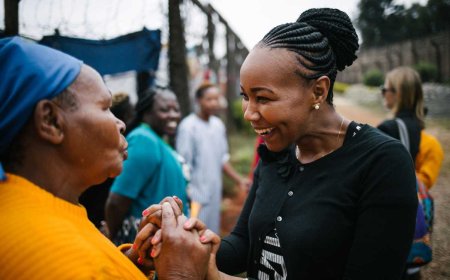



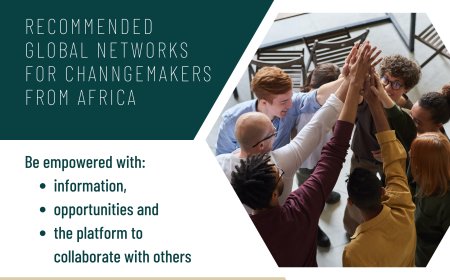























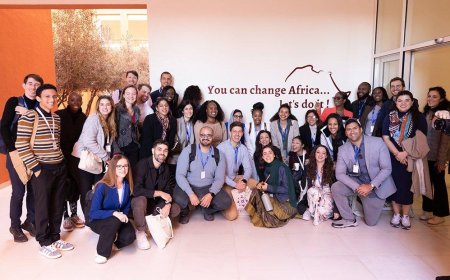
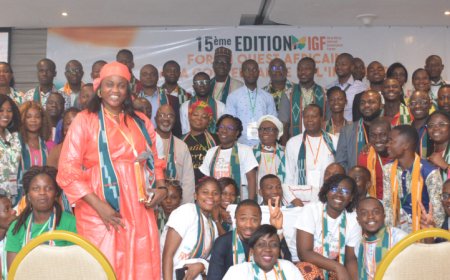

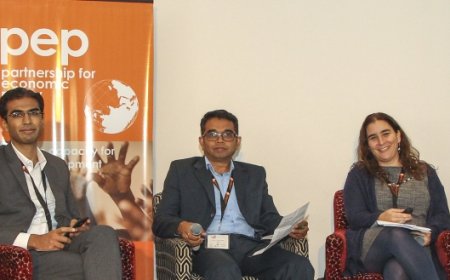


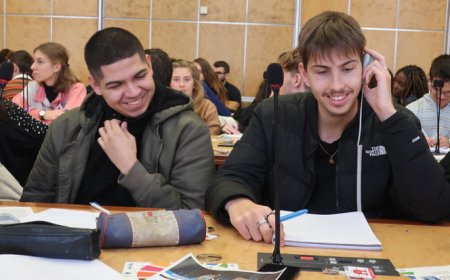










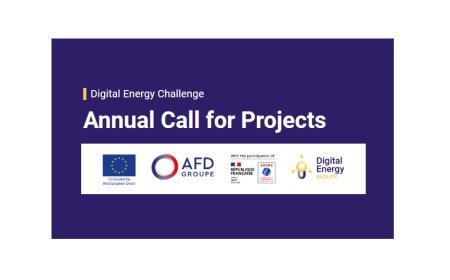

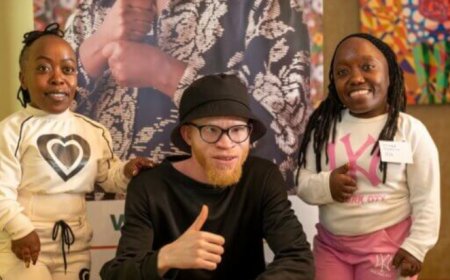








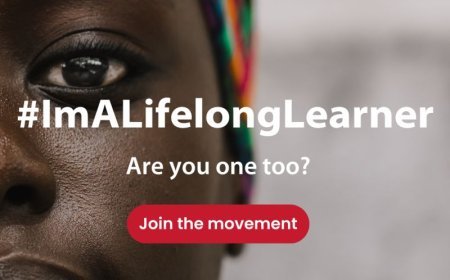


![Watch: The Butterfly Circus [Short Film] featuring Nick Vujicic](https://blog.elfglobal.org/uploads/images/202405/image_430x256_6654b9bc69c46.jpg)


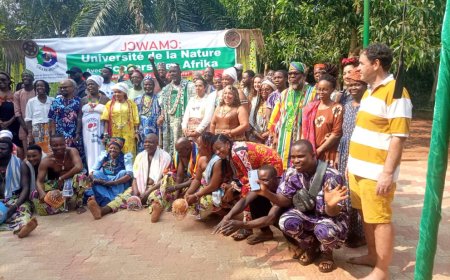
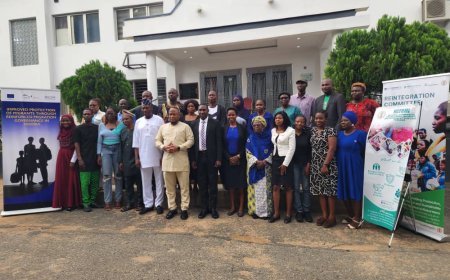
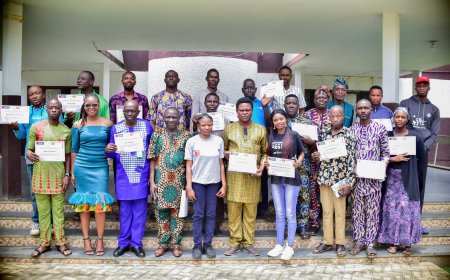
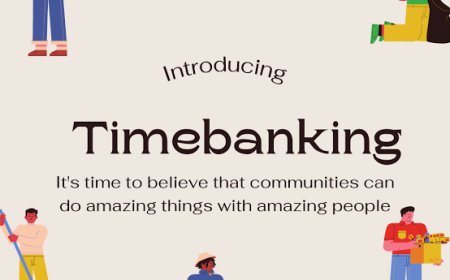
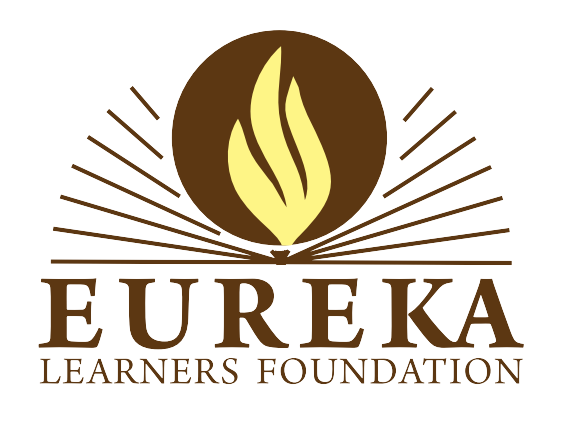



![Watch: The Butterfly Circus [Short Film] featuring Nick Vujicic](https://blog.elfglobal.org/uploads/images/202405/image_140x98_6654b9bc76b8e.jpg)





